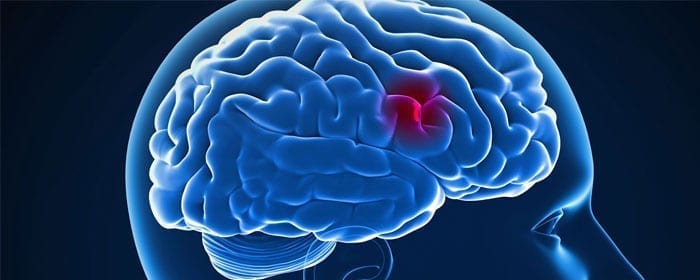Only a fraction of patients who suffer from ischemic stroke benefit from the currently available therapies. Given the promise of stem cells in therapies developed for brain injury, much research has recently focused on how these cells may be used to treat stroke victims. A recent review published in the Journal of Cerebral Blood Flow and Metabolism provides a comprehensive explanation for why mesenchymal stem cells are likely advantageous for stroke recovery. The authors’ rationale includes data demonstrating the utility of mesenchymal stem cells as a therapy for other diseases, as well as preclinical data on the impact of these cells following stroke.
Mesenchymal stem cells have been transplanted into patients since 1995 and gained popularity in research and clinical communities because of their safety profile. In a number of clinical trials, addressing different diseases, the use of these stem cells led to few adverse side effects. Over the past 20 years, evidence on the safety of these cells has continued to accumulate, while new evidence has emerged to show how effective these cells can be in treating different types of injury and disease. One particularly exciting feature of these cells is their modulatory effect on the immune system, which can prevent life-threatening immune reactions to things like bone marrow transplants.
When it comes to treating stroke specifically, this modulation of the immune system may be one way that stem cells help with recovery. Other mechanisms that could help with tissue repair following stroke include these stem cells’ ability to differentiate into a number of different cell types, to generate new brain cells and blood vessels, and to promote the secretion of chemicals that are important for the growth and protection of cells. Additionally, mesenchymal stem cells may be able to be selectively targeted to whatever area of the brain is injured.
For stroke, most of the mesenchymal stem cells that have been used for transplantation have been bone marrow-derived mesenchymal stem cells, but stem cells from adipose tissue and the umbilical cord have also been used. According to the authors of this review, there is significant evidence to suggest that mesenchymal stem cells could help stroke patients with their recovery.


 St. Petersburg, Florida
St. Petersburg, Florida
